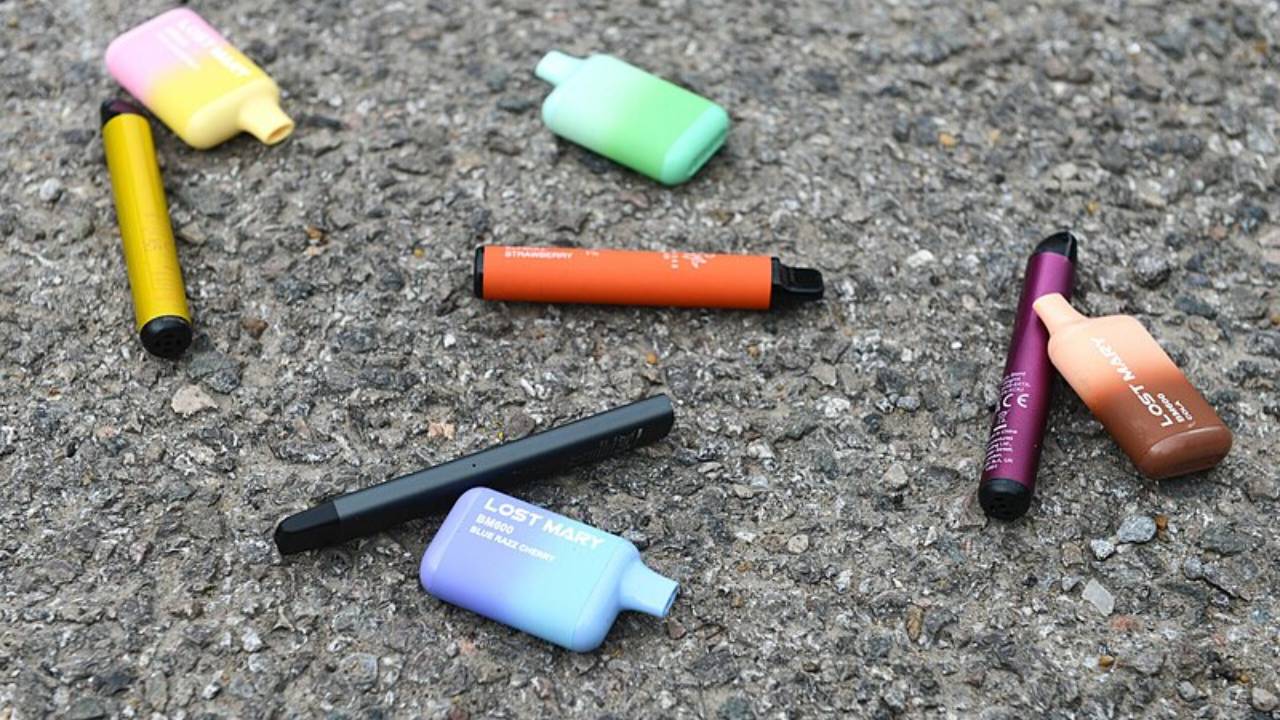
### UK to Prohibit Disposable Vapes by 2025
Effective June 1, 2025, the distribution of single-use e-cigarettes will be banned in the UK, following the example of nations such as Australia and Belgium. This initiative aims to address environmental concerns, resource exploitation, and escalating health issues, especially among the youth.
#### Categories of Vapes Subject to Ban
The prohibition targets vapes that cannot be refilled or recharged. For vapes to stay on the market, they need to be both rechargeable and refillable, enabling users to reuse parts such as coils and e-liquid tanks or pods.
#### Ecological Issues
Opponents contend that disposable vapes significantly increase electronic waste. Over 1.3 million single-use vapes are disposed of in UK landfills each week, resulting in the loss of more than 10 tonnes of lithium annually — sufficient for batteries in 1,200 electric cars. Improper disposal poses fire hazards and environmental contamination from hazardous materials, exacerbated by inadequate takeback programs.
#### Health Risks
While vaping is deemed safer than smoking, it still brings health risks, including nicotine dependency. Specialists are concerned about the unknown impacts of e-liquids. The surge in disposable vape usage, particularly among adolescents, raises alarms, as nearly 1 in 10 secondary school students in England vape consistently.
#### Consequences for Non-Compliance
After the ban, possessing single-use vapes will not be illegal, but selling them may result in penalties or imprisonment for repeat offenders. Disposing of existing inventory post-ban is also banned.
#### Professional Views
Although there were initial concerns regarding the ban’s effect on smoking cessation, new alternatives have alleviated these anxieties. Uncertainties persist about the extent of changes in consumer behavior. Critics argue that the fundamental allure of vapes to the youth — including their aesthetics, marketing, and pricing — is not addressed by the prohibition.
As the tobacco and vaping legislation progresses in parliament, experts express hope that it could fulfill the wider public health and environmental objectives that the ban on single-use vapes seeks to achieve, proposing that regulatory authority over product advertising and sales could foster more impactful change.